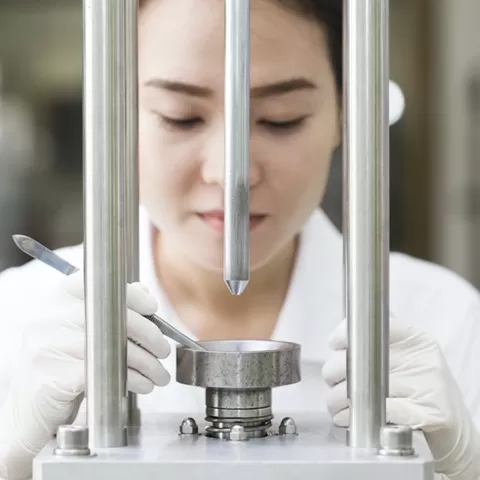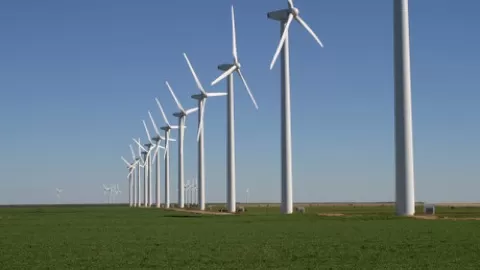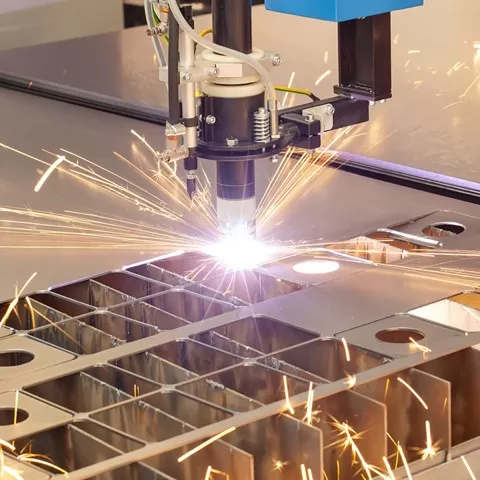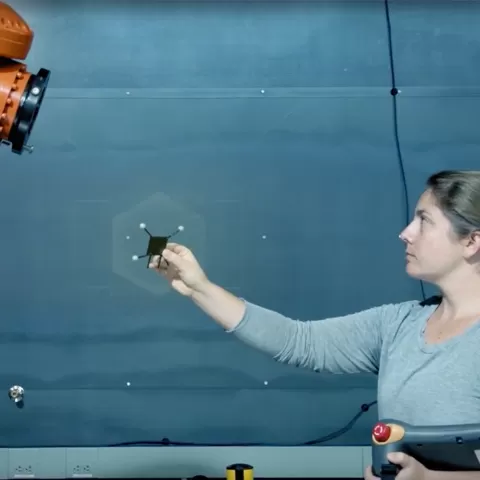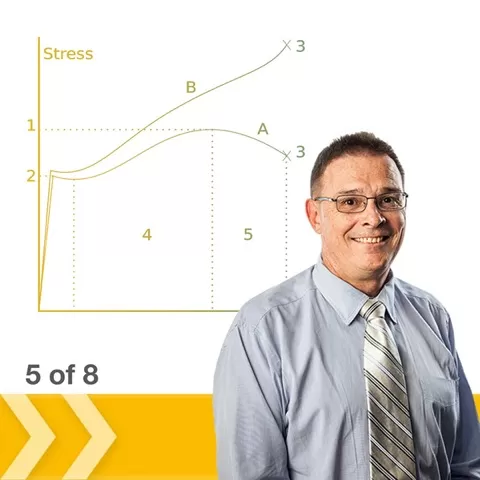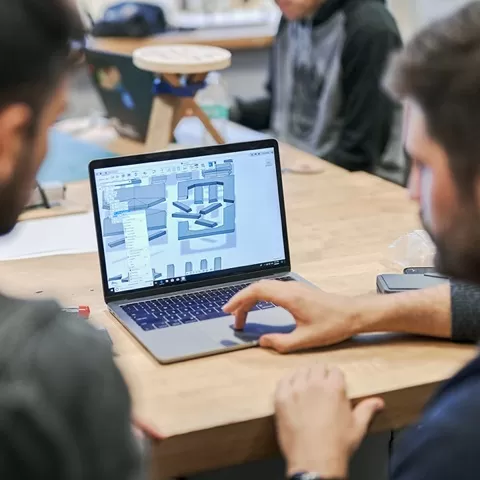Access to most course materials is FREE in audit mode on Coursera. If you wish to earn a certificate and access graded assignments, you must purchase the certificate experience during or after your audit.
If the course does not offer the audit option, you can still take a free 7-day trial.
James Shackelford has created 1 courses that got 870 reviews which are generally positive. James Shackelford has taught 76,798 students and received a 4.67 average review out of 870 reviews. Depending on the information available, we think that James Shackelford is an instructor that you can trust.
James F. Shackelford has BS and MS degrees in Ceramic Engineering from the University of Washington and a Ph.D. in Materials Science and Engineering from the University of California, Berkeley. Following a postdoctoral fellowship at McMaster University in Canada, he joined the University of California, Davis, where he is currently Distinguished Professor Emeritus in the Department of Chemical Engineering and Materials Science. For many years, he served as the Associate Dean for Undergraduate Studies in the College of Engineering and later as the Director of the University Honors Program that serves students from a wide spectrum of majors. Dr. Shackelford also served as Associate Director for Education for the National Science Foundation (NSF)-funded Center for Biophotonics Science and Technology (CBST) and as Faculty Assistant to the Director of the McClellan Nuclear Research Center (MNRC) of UC Davis. He teaches and conducts research in the structural characterization and processing of materials, focusing on glasses and biomaterials. His current focus in teaching is doing so through online technologies. A member of the American Ceramic Society and ASM International, he was named a Fellow of the American Ceramic Society in 1992, was named a Fellow of ASM International in 2011, and received the Outstanding Educator Award of the American Ceramic Society in 1996. In 2003, he received a Distinguished Teaching Award from the Academic Senate of the University of California, Davis. In 2012, he received the Outstanding Teaching Award of the College of Engineering at UC Davis, and, in 2014, received an Outstanding Service Award from the UC Davis Division of Continuing and Professional Education. He has published well over 100 archived papers and books including Introduction to Materials Science for Engineers now in its 8th Edition and which has been translated into Chinese, German, Italian, Japanese, Korean, Portuguese, and Spanish.
